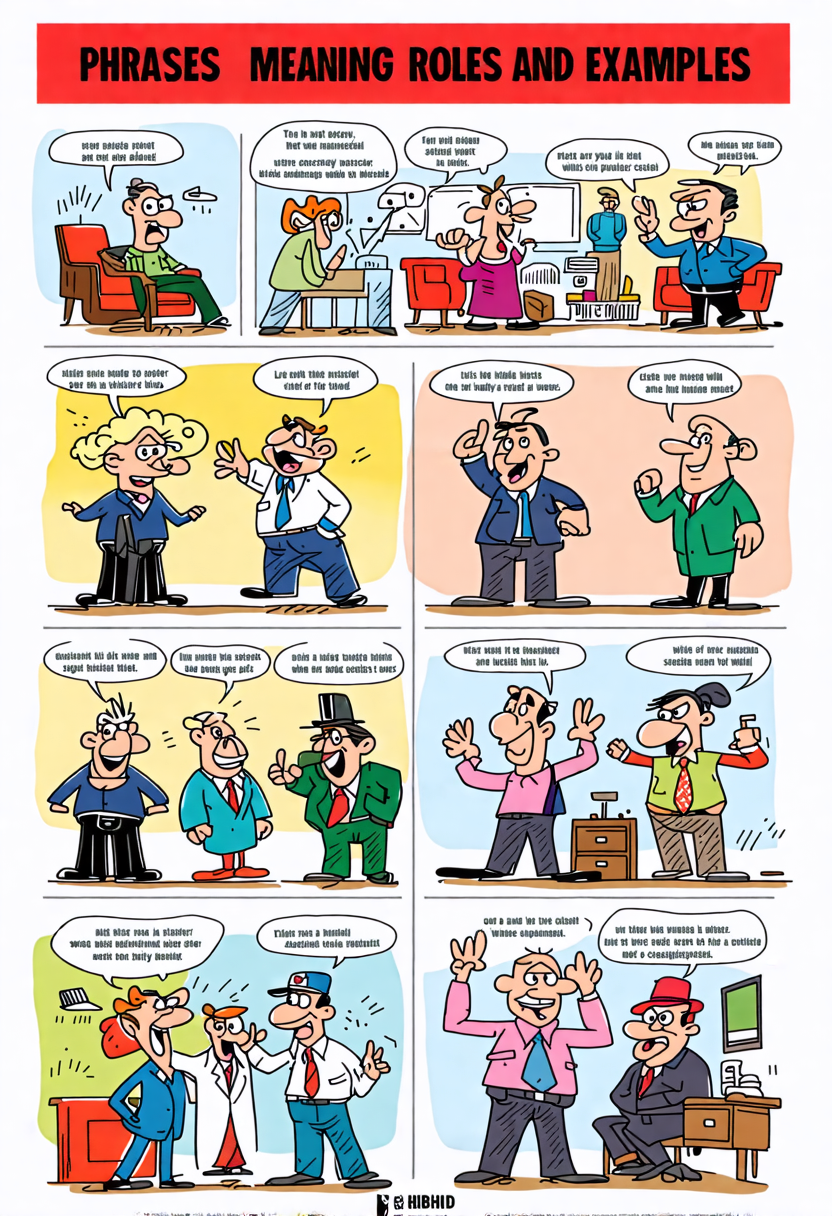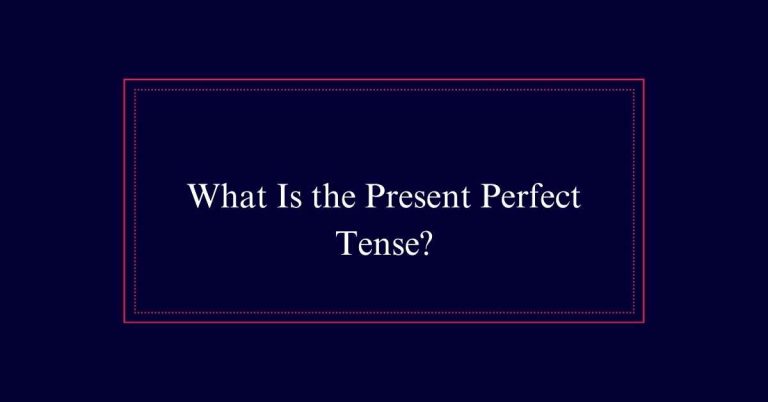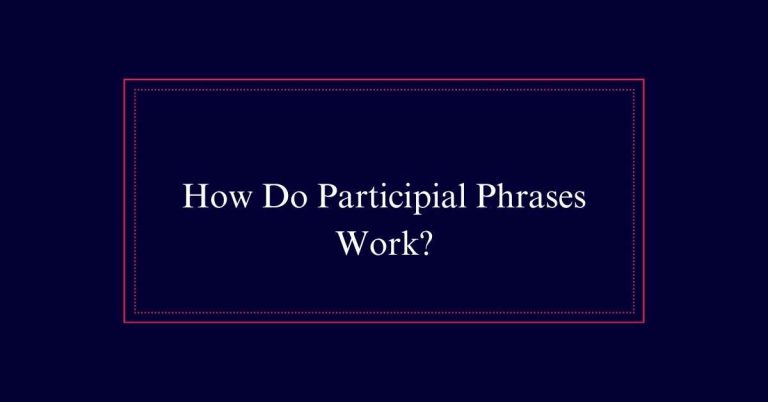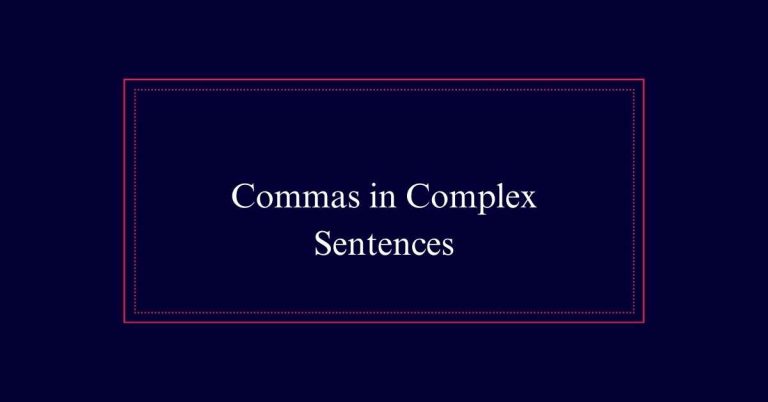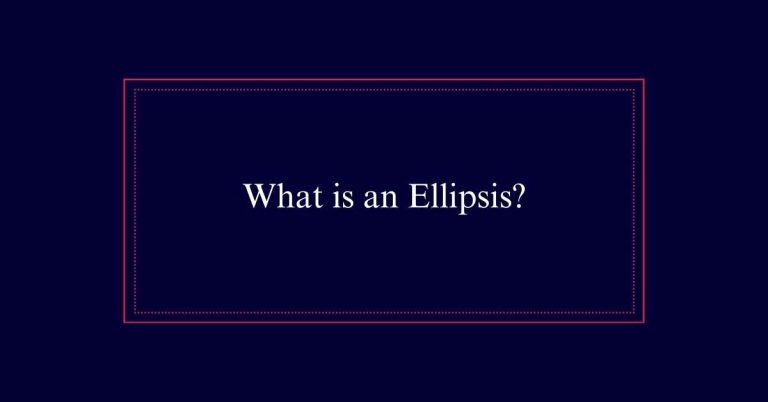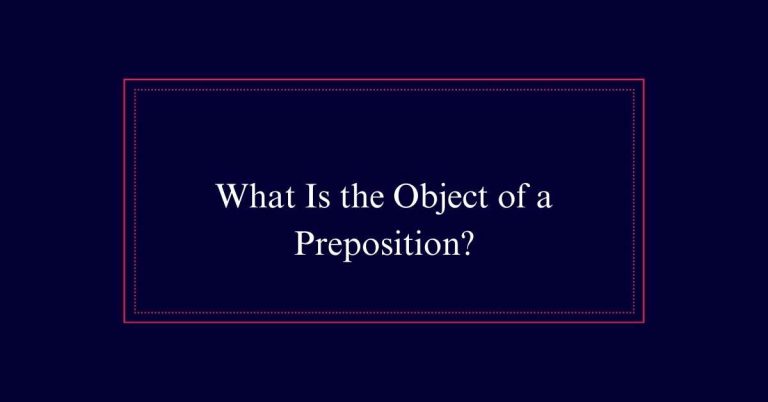Phrases: Meaning, Roles, and Examples
Phrases enhance writing by adding detail and depth. Unlike clauses, phrases lack both a subject and a predicate. They can function as nouns, adjectives, or adverbs, enriching the sentence by specifying actions, qualities, or contexts. Adjective phrases enhance descriptions, while adverb phrases modify various elements to add context. Noun phrases provide clarity about subjects and objects, and verb phrases convey detailed and nuanced actions.
Phrases Vs. Clauses
Understanding the difference between phrases and clauses is essential for mastering English grammar. A clause contains both a subject and a predicate. This means it can often stand alone as a complete sentence. For example, ‘She runs daily.’
In contrast, a phrase lacks a subject and predicate. Hence, it cannot stand alone. Examples include ‘in the morning’ or ‘after the rain.’
Clauses can be independent or dependent. Independent clauses are complete sentences by themselves. Dependent clauses, however, need additional context to form a complete sentence.
Phrases add detail to sentences but do not form complete ideas on their own. They can act as nouns, adjectives, or adverbs within clauses.
The Role of Phrases
Phrases play a significant role in adding depth and detail to sentences, enhancing clarity and meaning. They provide additional information about nouns, verbs, and other parts of speech, enriching the text.
For example, noun phrases can specify or elaborate on a subject, making the sentence more informative. Verb phrases indicate actions and states with greater precision. Adverb phrases modify verbs, adjectives, or other adverbs, providing context and detail.
Each type of phrase serves a unique purpose, contributing to the overall structure and flow of writing. By incorporating various phrases, writers can convey complex ideas more effectively, making their communication clearer and more engaging.
Adjective Phrases
Adjective phrases provide additional meaning to adjectives within sentences, enhancing their descriptive power. They consist of an adjective and any modifiers that add more detail. These phrases can specify the extent, degree, or quality of a noun or pronoun.
For example, in the phrase ‘way too bold,’ the words ‘way too’ modify ‘bold’ to intensify its meaning. Another example is ‘taller than all,’ where ‘than all’ provides a comparative sense.
Adjective phrases enrich writing by adding layers of detail, making descriptions more vivid and precise. They play an essential role in effective communication by allowing writers to convey more nuanced information about the subjects they discuss.
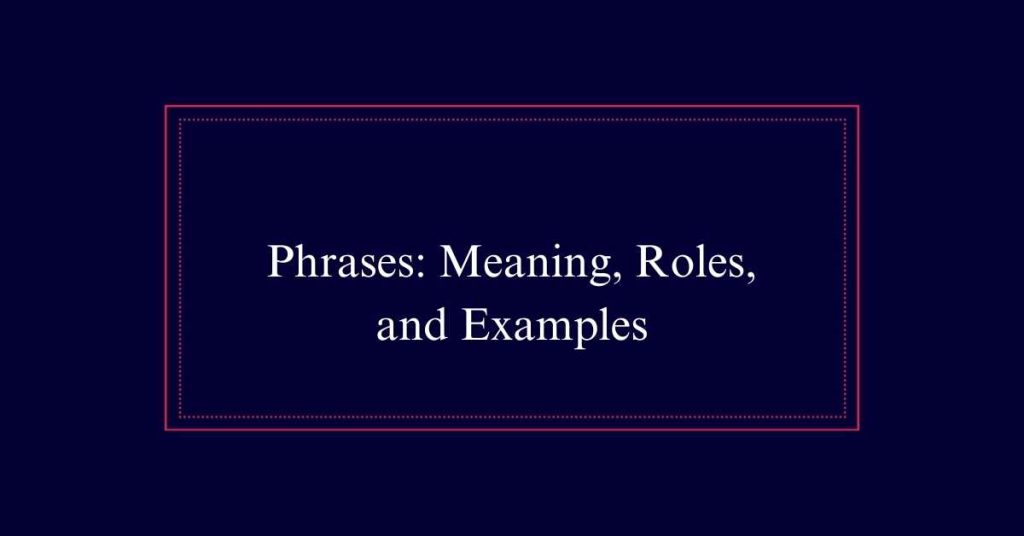
Adverb Phrases
Adverb phrases enrich sentences by modifying verbs, adjectives, or other adverbs, providing additional context and detail. They can greatly alter the meaning of a sentence by specifying how, when, where, or to what extent an action occurs. For instance, consider the adverb phrase ‘with great care’ in the sentence ‘She painted the mural with great care.’
Adverb phrases serve several key functions:
- Modify Verbs:
‘He ran with all his might.’
- Modify Adjectives:
‘She is almost as tall as her brother.’
- Modify Other Adverbs:
‘He finished the test quite quickly.’
Noun Phrases
While adverb phrases enrich sentences by modifying various elements, noun phrases focus on providing detail or clarification about nouns. A noun phrase includes a noun and its modifiers, offering specific information about the noun.
For instance, in ‘The old library on the corner,’ the noun phrase provides a clear image of the subject. Noun phrases can serve as subjects, objects, or complements in a sentence. They enhance the meaning and context, making sentences more informative and engaging.
For example, ‘My small dog barks at ducks’ uses a noun phrase to specify which dog is barking. Understanding noun phrases is essential for crafting precise, detailed descriptions in writing, ensuring clarity and depth in communication.
Verb Phrases
A verb phrase consists of a main verb along with any auxiliary (helping) verbs and modifiers. This combination plays the role of a verb in a sentence, adding detail and nuance. Verb phrases can express complex actions, states, or conditions.
For example, in ‘She has been reading,’ ‘has been reading’ is the verb phrase.
Here are three key points about verb phrases:
- Structure: They include the main verb and any auxiliary verbs.
- Function: They act as the verb within the sentence.
- Complexity: They can convey more detailed actions or conditions than a single verb.
Understanding Euphemisms
Euphemisms soften the language we use to discuss sensitive or uncomfortable topics. They help us navigate difficult conversations with tact and empathy. By choosing gentler words, we can avoid offending or upsetting others.
For instance, saying ‘passed away’ instead of ‘died’ provides a more delicate approach to discussing death. Similarly, ‘let go’ can replace ‘fired’ to ease the sting of job loss. Euphemisms also maintain decorum in professional settings. Instead of discussing bodily functions directly, phrases like ‘use the restroom’ are preferred.
Such language choices can help maintain dignity and show respect. Understanding euphemisms is crucial for effective communication, especially in sensitive situations. They allow us to address tough topics with care and consideration.
Common Sayings
Common sayings, often steeped in cultural wisdom, use figurative language to convey concise and impactful messages. They play a significant role in everyday communication by encapsulating complex ideas in simple phrases. These sayings often reflect shared experiences and values.
Here are three common sayings that illustrate their utility:
- ‘Break the ice’ – This means to initiate conversation in a social setting.
- ‘Burn the midnight oil’ – This refers to working late into the night.
- ‘Hit the nail on the head’ – This means to describe something accurately or precisely.
Timeless Adages
Often, timeless adages provide wisdom that transcends generations. These short, memorable sayings encapsulate universal truths and observations about life. They offer guidance and reflections that remain relevant, regardless of changing times.
Phrases like ‘Actions speak louder than words’ and ‘The early bird catches the worm’ convey practical advice and insights into human behavior. Timeless adages are valuable in both personal and professional contexts. They can inspire, teach, and remind us of important principles.
For instance, ‘Honesty is the best policy’ emphasizes integrity, while ‘A stitch in time saves nine’ advocates for timely intervention. By integrating these adages into our daily lives, we can benefit from the accumulated wisdom of past generations, ensuring that their lessons continue to shape our future.
The Power of Proverbs
Proverbs, much like timeless adages, encapsulate wisdom that has been passed down through generations. They serve to impart practical advice and universal truths. The significance of proverbs lies in their ability to convey deep meanings in few words. They are concise, memorable, and often metaphorical, making them easy to recall and apply to various life situations.
Consider the following attributes that make proverbs influential:
- Simplicity: Proverbs use straightforward language that is easy to understand.
- Universality: They address common human experiences and truths.
- Memorability: Their brevity makes them easy to remember and share.
Frequently Asked Questions
How Do Prepositional Phrases Function Within a Sentence?
Prepositional phrases function as adjectives or adverbs within a sentence. They provide additional detail by modifying nouns, verbs, or other phrases. Examples include “on the table” (modifying location) and “with enthusiasm” (modifying manner).
What Are Some Examples of Participle Phrases?
Participle phrases begin with a past or present participle and function as adjectives. Examples include “Running late for the meeting, she hurried” and “Broken by the storm, the tree lay across the road.”
How Can Infinitive Phrases Enhance Writing?
Infinitive phrases enhance writing by adding clarity and depth. They can express purpose, intention, or future action, making sentences more informative and engaging. Examples include, “to improve efficiency” or “to understand the process.”
What Role Do Gerund Phrases Play in Grammar?
Gerund phrases function as nouns in sentences, often acting as subjects, objects, or complements. They start with a gerund, a verb ending in -ing, and can be expanded with modifiers or objects to add detail.
How Are Appositive Phrases Used for Clarification?
Appositive phrases provide clarification by adding extra information about a noun in a sentence. They are placed next to the noun they describe and typically consist of a noun or noun phrase. Example: “My brother, a skilled guitarist, performs.”
